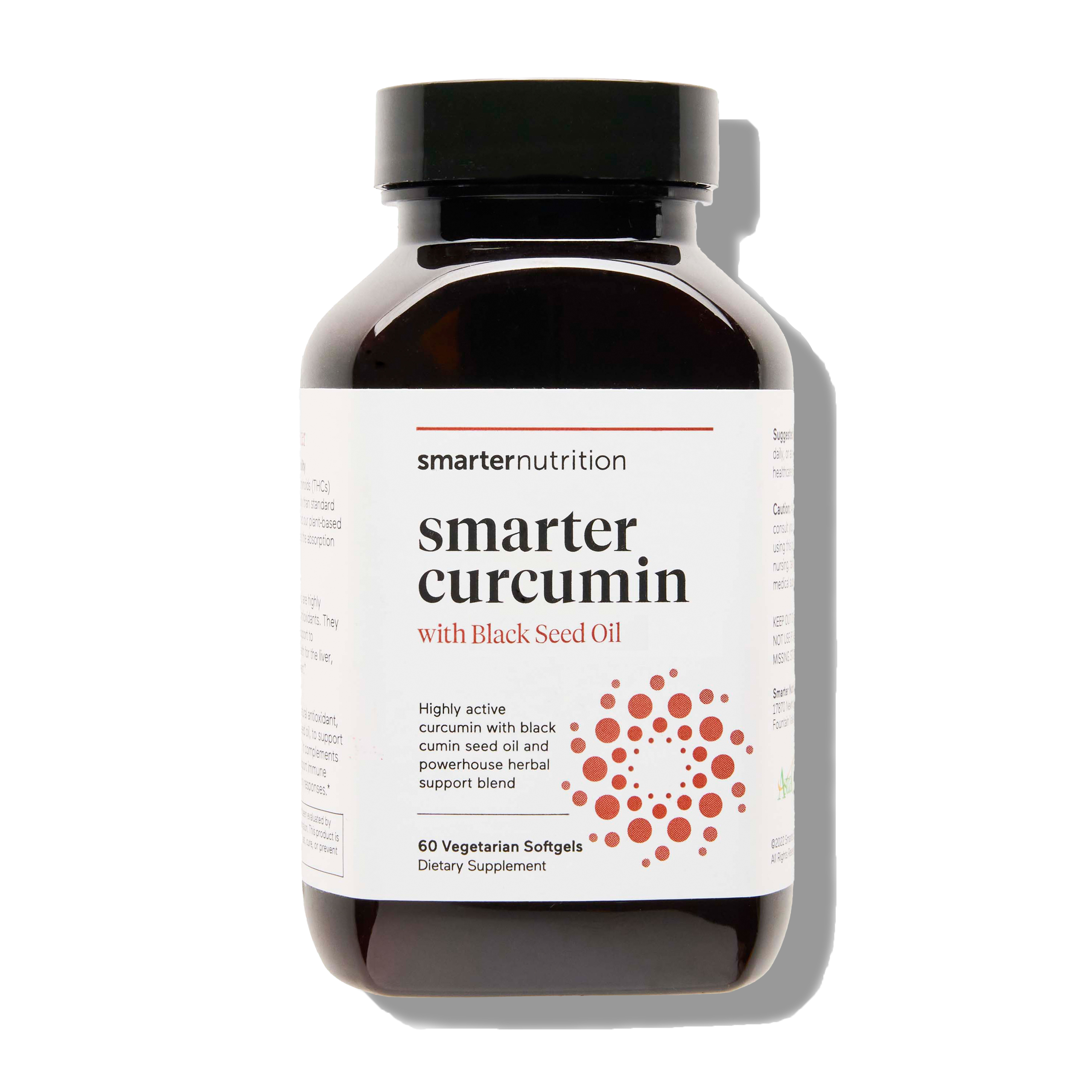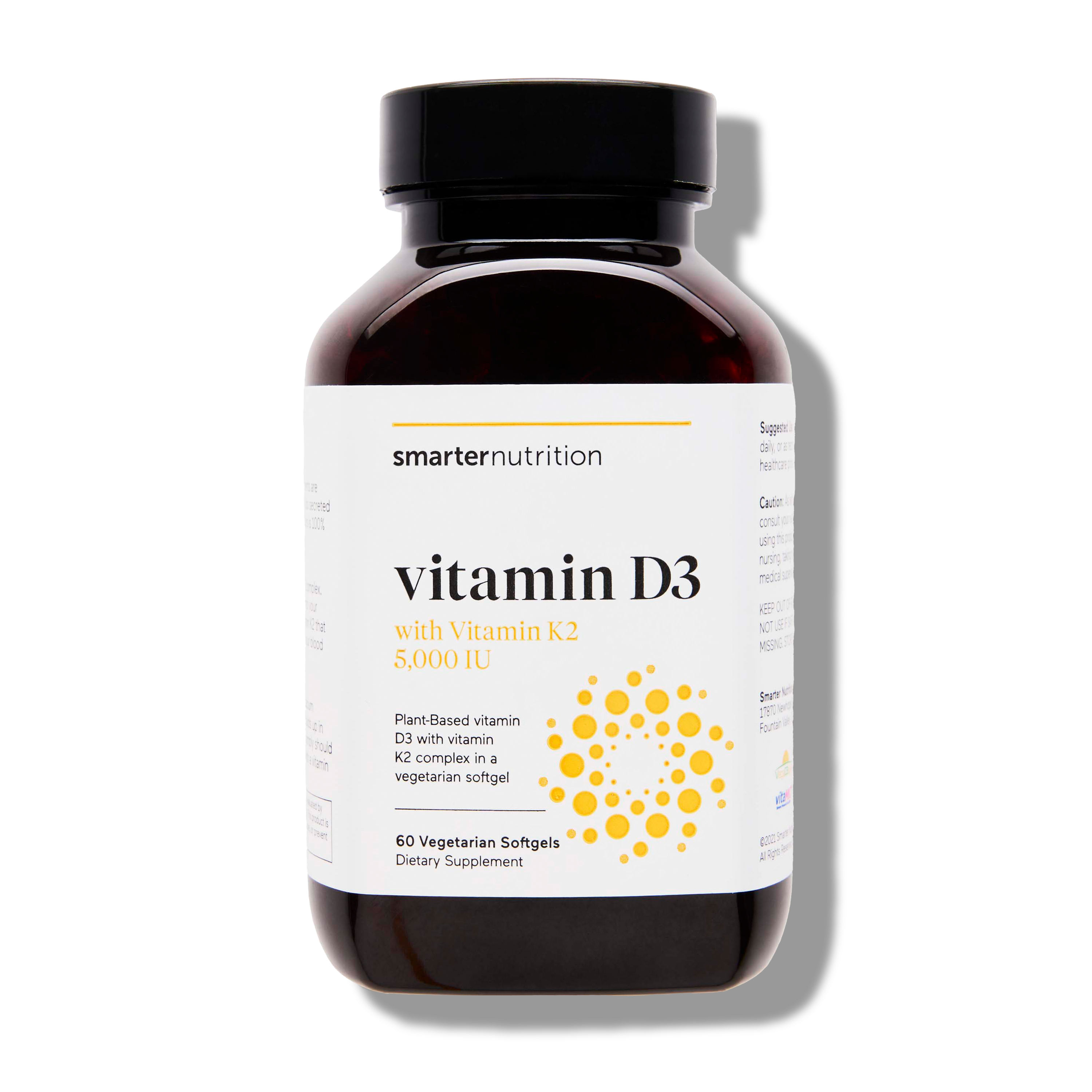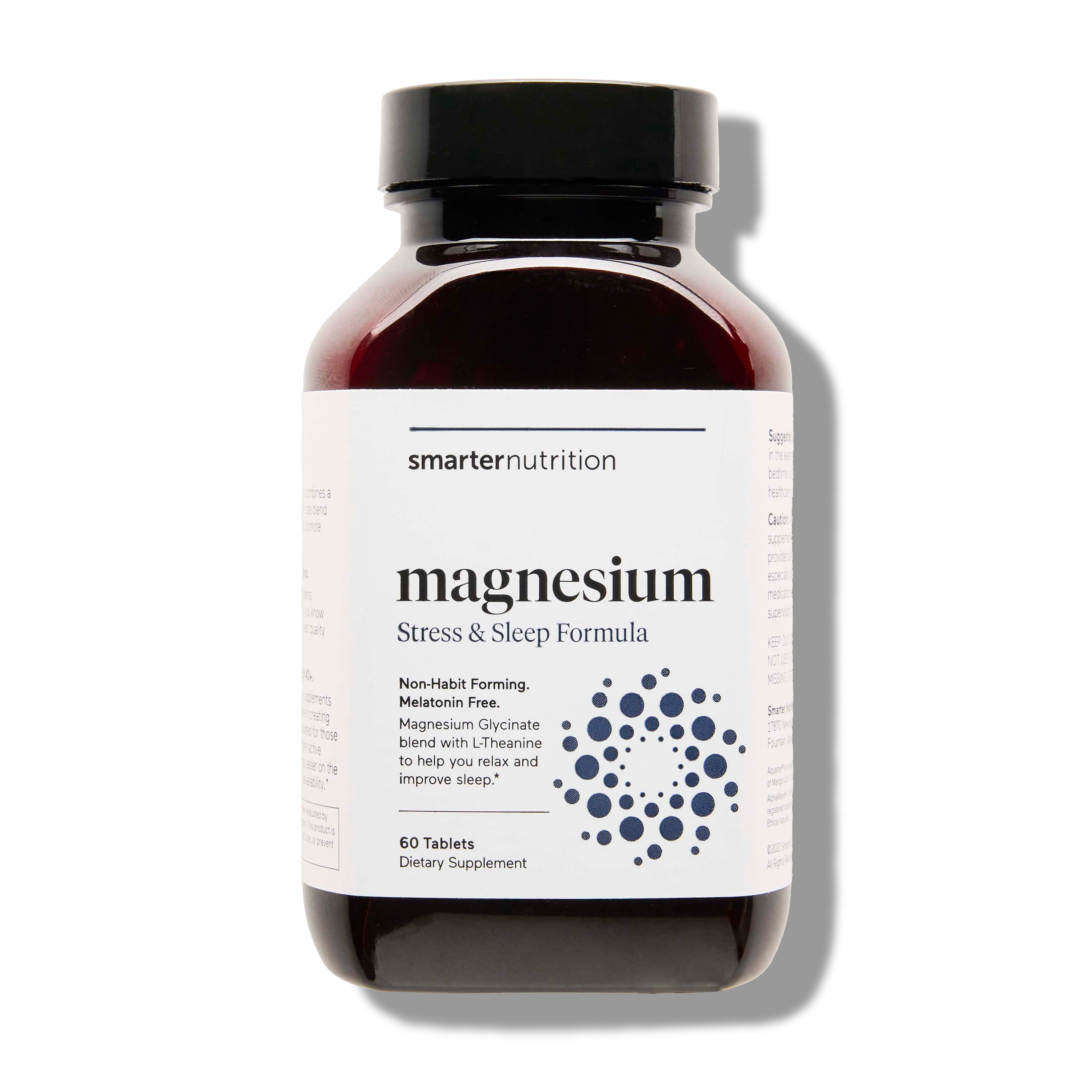Bovine collagen may still reign supreme in the supplement aisle, but marine collagen is rapidly making waves. With these two types of collagen peptides vying for attention, you might wonder: what sets them apart? Let’s dive into the key differences to help you choose the best option for your skincare journey.
The Similarities
Despite their different sources, bovine and marine collagen share a significant similarity: both contain Type I and Type III collagen peptides. These two types of collagens are vital for structure of skin, organs, and connective tissues. Type I collagen, the most abundant in the body, supports skin elasticity, hydration, and strength, while Type III plays an important role in organ and vascular health.* This overlap makes both bovine and marine-sourced collagen effective choices for those looking to support their skin's appearance and support overall wellness.
Which One Is Better for Skin?
For beauty purposes, marine-sourced collagen wins over bovine by a long shot. Marine is primarily type I collagen while bovine contains both type I and III. In fact, marine-sourced collagen is the best source of type I collagen, which supports skin health and even hair follicle health. (1)
Fish skin and scales are not only immensely abundant in collagen but also fit better into diets with restrictions.
Collagen from traditional sources like pork (porcine) and beef (bovine) can have certain limitations. These include health concerns, such as the risks of swine flu and bovine spongiform encephalopathy. Additionally, religious and dietary restrictions may also play a significant role when considering these sources.(2)
Absorption Rates
Marine collagen peptide molecules are often smaller in size than bovine collagen peptides. This means that marine collagen products are possibly easier to absorb, making them slightly more bioavailable for target areas of the body to utilize.(3)
This small particle size simply allows quicker and easier uptake and transportation of the collagen peptides to the skin, bones and joints for the production of new collagen. Some also believe that the molecular structure of marine collagen makes it easier to digest, which may be an important factor if you have any digestive issues or have experienced any digestive discomfort with other collagen sources.
Marine collagen is also rich in the amino acid hydroxyproline, an essential component of collagen production in the skin and other tissues. This type of collagen has been shown in studies to improve the body's natural recovery process, skin elasticity, and hydration.(4)
The Sustainability Of Marine Collagen
Marine collagen is more environmentally friendly and sustainable than bovine collagen.
Fish processing industries produce large amounts of fish waste of bones, skin, scales, and fins, which make up about 70% of the fish. Currently, part of these wastes are utilized as feedstuff because they contain almost the same amount of proteins as fish flesh. A majority of this waste is discarded, which creates a problem for the environment.(3) This makes marine collagen both a byproduct of the fishing industry and a solution for the issue of waste created by the industry.
In our
Skin Collagen, we use Nippi peptide® which is a certified sustainably sourced collagen. Our marine collagen is an all-natural collagen peptide extracted from 100% fish skin and scales that would’ve otherwise been discarded. In general, marine sources also create less greenhouse gas emissions than bovine sources.
Bovine Collagen Industry and Its Consequences
On the other hand, the bovine industry claims that bovine collagen is a mere byproduct of the cattle industry, but it isn't the most accurate term.
According to The Guardian, non-meat products such as leather and collagen are the highest in demand but only account for just under half a slaughtered cow’s weight. They even found that the farms emitting the greenhouse gases causing great damage to Brazil's tropical forests were serving as bovine collagen suppliers.
Marine Collagen is Better Than Bovine
If you're looking for a collagen supplement that supports the bounce, elasticity, and glow of your skin, marine collagen is the better choice.
When you take into consideration its sustainability, clean sourcing, and amino acids profile, marine collagen is the best type of collagen available on the market right now.
Of course, if you want to support your organs and muscles, bovine collagen may be more useful, as it contains more type III collagen. However, marine collagen may be the most bioavailable and absorption-friendly for daily beauty support.
References
1. Pappelbaum, K.I., Virgilio, N. (2024). Revealing novel insights on how oral supplementation with collagen peptides may prevent hair loss: Lessons from the human hair follicle organ culture, Journal of Functional Foods,116.
2. León-López, A., Morales-Peñaloza, A., Martínez-Juárez, V. M., Vargas-Torres, A., Zeugolis, D. I., & Aguirre-Álvarez, G. (2019). Hydrolyzed Collagen-Sources and Applications. Molecules (Basel, Switzerland), 24(22), 4031.
3. Coppola, D., Oliviero, M., Vitale, G. A., Lauritano, C., D'Ambra, I., Iannace, S., & de Pascale, D. (2020). Marine Collagen from Alternative and Sustainable Sources: Extraction, Processing and Applications. Marine drugs, 18(4), 214.
4. Silva, T. H., Moreira-Silva, J., Marques, A. L., Domingues, A., Bayon, Y., & Reis, R. L. (2014). Marine origin collagens and its potential applications. Marine drugs, 12(12), 5881–5901.




